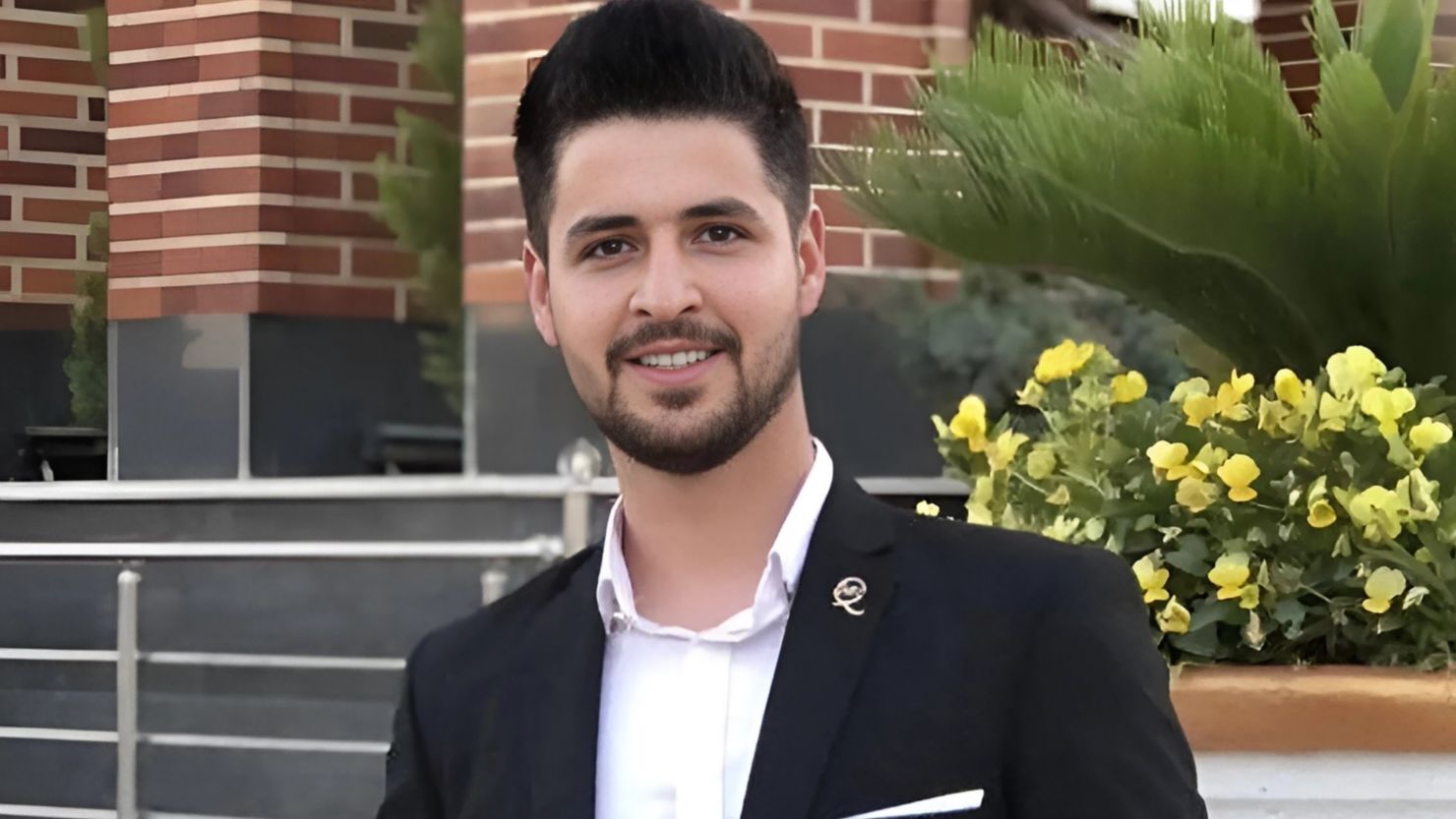Mohammad Ghobadlou, arrested in connection with the 2022 nationwide protests in Iran, has been executed following accusations that he had deliberately killed Sergeant Farid Karampour and injured other officers. According to Mizan, the judiciary’s news agency, “the criminal court’s verdict of ‘Qisas’ (retribution) for Mohammad Ghobadlou was carried out following the Supreme Court’s confirmation.” Human rights attorneys and organizations including Amnesty International have raised grave concerns regarding the judiciary’s treatment of Ghobadlou, including the use of torture to elicit confessions.
Amir Raeisian, Ghobadlou’s lawyer, denounced the legal proceedings, indicating that the verdict was in the process of being overturned prior to his execution, and called for a public debate. He stated in a social media post: “If Mizan news agency is telling the truth, they should announce the number and date of this verdict. In this case, the final verdict of retribution was overturned by the first branch of the Supreme Court in the retrial. Since then, no equivalent branch has issued a verdict. No other verdict has been communicated to us.”
Likewise, Mohsen Borhani, a judiciary lawyer, criticized the verdict in a tweet, writing: “The implementation of the retribution verdict #Ghobadlou, while the retrial has been accepted by the Supreme Court and an equivalent court has yet to make a decision in this matter, is either a result of a mistake or mischief. If wise members of the judiciary do not intervene in these few hours, blood will be spilled against the law. What a shocking night!”
Despite these claims, the Fars News Agency, citing the judiciary, insisted that Ghobadlou’s retrial case was rejected twice by the Supreme Court, dismissing the lawyer’s assertions.
The handling of Ghobadlou’s case and his shocking execution were a blatant violation of international legal standards and a gross miscarriage of justice. The conduct of Ghobadlou’s trial in Branch 15 of the Revolutionary Court, known for its lack of transparency and adherence to due process, underlines the systemic issues within the Iranian judicial framework.
The manner of the trial and the subsequent execution, widely covered in government media, represent another instance of what human rights observers describe as “staged” trials with “forced confessions.” This execution followed the pattern of the Iranian government’s oppressive response to protests, marked by televised trials that lack the fundamental guarantees of a fair judicial process.
The outcry following Ghobadlou’s execution, including widespread denunciations on social media and from international political and human rights organizations, further underscore global concern over Iran’s routine violation of international law. Amnesty International, in a poignant statement, had implored: “The judiciary head must stop the arbitrary and illegal execution plan of Mohammad Ghobadlou…The case of this young man with a mental disorder…is based on confessions obtained under torture and has been secretly advanced.”
The revelation of Ghobadlou’s mental health issues, including documents from Milad Hospital confirming his bipolar disorder, further highlights the inhumane aspects of this execution. His mother, Masoumeh Ahmadi, revealed his struggles with bipolar disorder and pointed to a significant oversight in the judicial process regarding his psychological state at the time of the alleged crime.
The National Iranian American Council strongly condemns the recent execution of Mohammad Ghobadlou, who is yet another victim of the callous violations of international law inflicted by the Iranian judiciary. Our thoughts are with the Ghobadlou family and all those impacted by this heinous execution. We reiterate our call on Iran to halt its application of the death penalty, to reform its judiciary system in line with international standards including by halting the use of torture and coerced confessions, and to release all prisoners of conscience unjustly detained in Iranian prisons. The Iranian people deserve justice, dignity and due process from their judicial system, which has been repeatedly and cruelly denied.
Back to top
